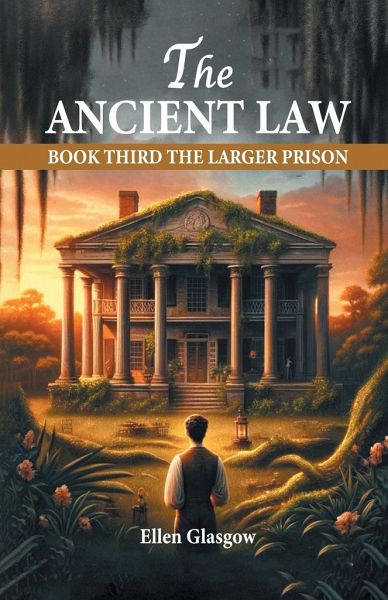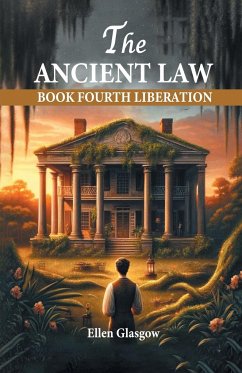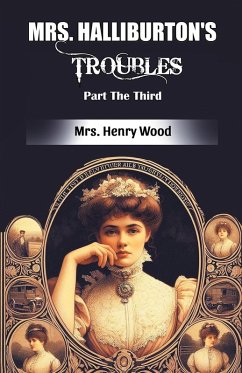
The Ancient Law Book Third The Larger Prison

PAYBACK Punkte
6 °P sammeln!
The third part of "The Ancient Law" (original title: "Das Alte Gesetz") by Wilhelmine von Hillern continues to delve into the life and evolving circumstances of the protagonist, Friedrich. Building on the themes and conflicts from the previous parts, this section of the novel explores Friedrich's further development and the resolution of various plotlines. Friedrich's journey reaches critical turning points as he confronts the deepest aspects of his identity and the ancient laws that have governed his life. The narrative intensifies around his struggle between maintaining traditional values an...
The third part of "The Ancient Law" (original title: "Das Alte Gesetz") by Wilhelmine von Hillern continues to delve into the life and evolving circumstances of the protagonist, Friedrich. Building on the themes and conflicts from the previous parts, this section of the novel explores Friedrich's further development and the resolution of various plotlines. Friedrich's journey reaches critical turning points as he confronts the deepest aspects of his identity and the ancient laws that have governed his life. The narrative intensifies around his struggle between maintaining traditional values and embracing new ideals. Friedrich's relationships with other characters-family, mentors, and love interests-become more complex, offering deeper insights into the social and personal dynamics of the time. The third part of "The Ancient Law" culminates in a resolution that ties together Friedrich's internal and external conflicts, providing a thoughtful commentary on the nature of progress and the enduring impact of tradition. The book as a whole serve as a rich historical narrative that captures the essence of 19th-century German society while portraying a timeless story of personal growth and societal change.













